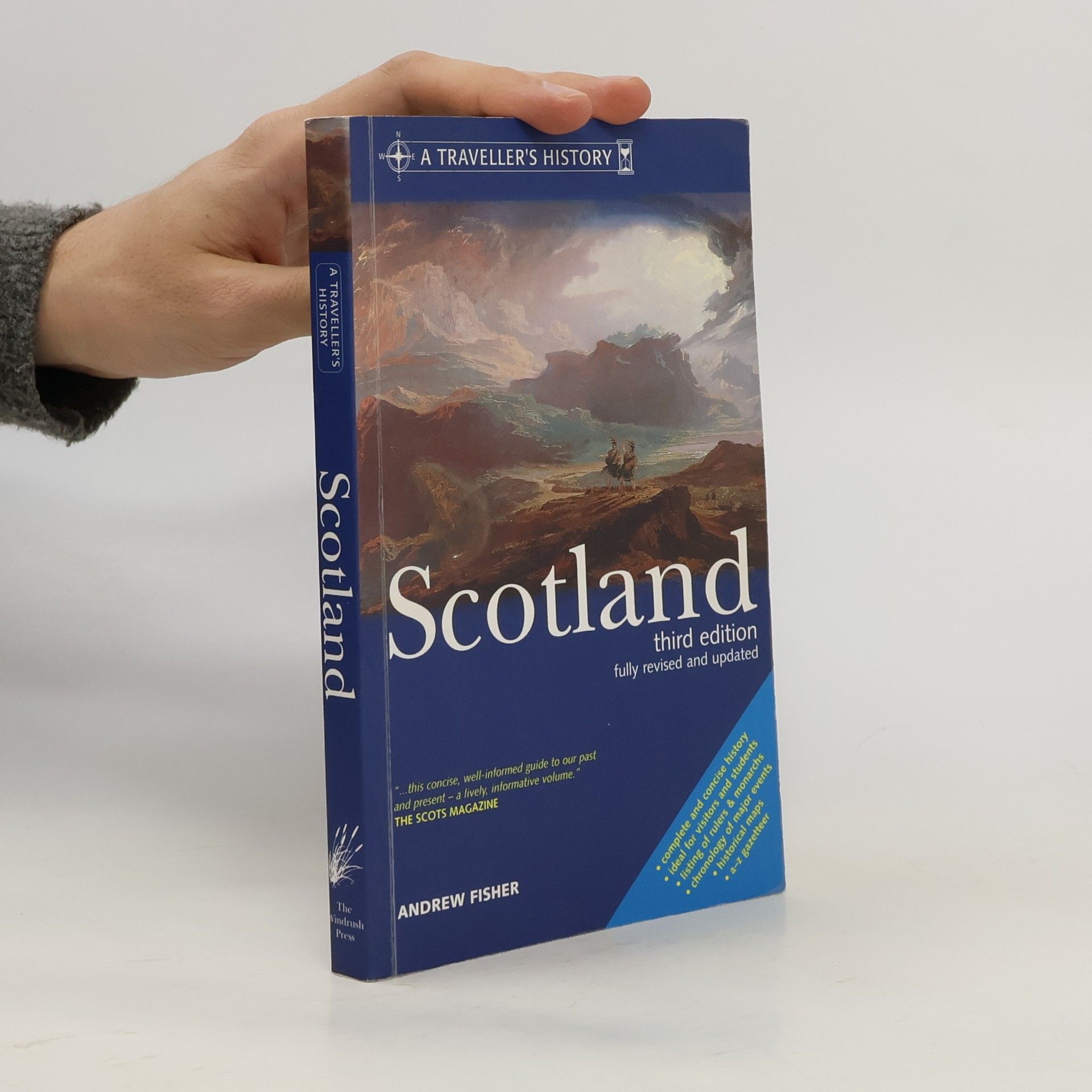A Traveller's History of Scotland
- 246pages
- 9 heures de lecture
This book is part of a series for those who want a comprehensive view of a nation's past history from earliest times up to the present day.



This book is part of a series for those who want a comprehensive view of a nation's past history from earliest times up to the present day.
Set against the backdrop of the late 60s and early 70s, the story follows Arnie Brucher as he navigates college life after recovering from a lengthy stay in a psychiatric hospital. As he grapples with societal upheaval, Arnie meets a diverse array of characters, each influencing his journey of self-discovery. His quest to find his place in a tumultuous world is marked by experimentation and the search for belonging amidst the vibrant cultural shifts of the era.
Seznamte se za víkend se základy responzivního designu. Vaše webové stránky se budou zobrazovat na nejrůznějších zařízeních vždy korektně s maximálním využitím možností, které dané zařízení nabídne. V šesti kapitolách vás dvojice autorů provede postupy, jejichž aplikací zpřístupníte svou webovou prezentaci širokému spektru uživatelů. Bez ohledu na to, zda vaše stránky navštíví na počítači, tabletu či mobilním telefonu, získají plnohodnotné informace nezkažené nevhodným zobrazením. S využitím technik responzivního designu zkrátíte další vývoj webu i případné pozdější úpravy. Publikace vás mimo jiné naučí: Vytvořit univerzální návrh webu Upravit stávající řešení Pracovat s fluidními mřížkami Přizpůsobit stylování použitému zařízení Nasadit adaptivní obrázky Oživit stránky multimédii